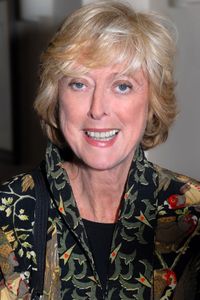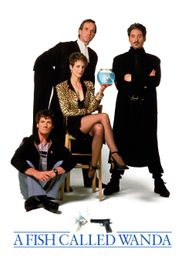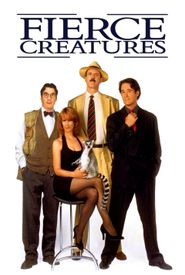Born in the vibrant city of Dublin, Ireland, Aitken hailed from a family of esteemed politicians and aristocrats, her parents being notable figures in their own right. Her father, Sir William Aitken, was a prominent Conservative Member of Parliament, while her mother, Penelope Aitken, was the daughter of John Maffey, 1st Baron Rugby, a distinguished individual in his own right. Aitken's grandfather held the esteemed position of UK Representative to Ireland from 1939 to 1949, a testament to the family's deep roots in Irish and British politics. Furthermore, Aitken is a great-niece of Lord Beaverbrook, a celebrated newspaper magnate and wartime minister, whose influence and legacy continue to be felt to this day. Additionally, Aitken is also the sister of former Conservative cabinet minister Jonathan Aitken, solidifying her family's long-standing involvement in British politics.
Aitken's academic journey commenced at Riddlesworth Hall Preparatory School in Norfolk, a prestigious institution that laid the foundation for her future intellectual pursuits. Following her time at Riddlesworth, she transitioned to Sherborne School for Girls in Dorset, a renowned school that provided her with a well-rounded education.
As her academic aspirations continued to evolve, Aitken went on to attend St Anne's College, Oxford, a prestigious institution that has a long history of academic excellence. During her time at Oxford, she pursued a degree in English Language and Literature, a field that allowed her to cultivate her passion for language and literature. Ultimately, Aitken's academic endeavors at St Anne's College, Oxford, culminated in her graduation with a degree in English Language and Literature.
Notable theatre director, Aitken, has had a distinguished career spanning numerous productions in both the West End and on Broadway. Her impressive repertoire includes directing several plays that have garnered critical acclaim and commercial success. One of her most notable achievements is her production of The 39 Steps, which enjoyed an impressive nine-year run in London's West End and a three-year run on Broadway, earning her prestigious Olivier and Tony Awards. Furthermore, Aitken has also demonstrated her versatility as a director by guiding the acclaimed actor Frank Langella in the Broadway production of Man and Boy.
Aitken's multifaceted career extends far beyond her accomplished directing endeavors, as she also assumes the role of a Visiting Lecturer at esteemed institutions such as Yale, NYU, and Juilliard's drama schools, sharing her wealth of knowledge and expertise with the next generation of artists.
Throughout her illustrious acting career, Aitken has had the privilege of taking on leading roles at some of the most prestigious theaters in the world, including the Royal National Theatre, the Royal Shakespeare Company, and the West End, solidifying her position as a highly respected and accomplished actress.
Furthermore, Aitken has the distinction of having played more Noël Coward leads than any other actress, a testament to her remarkable range and versatility as a performer.
Noted British actress Fiona Aitken has had a prolific film career, with a diverse range of roles in numerous motion pictures. One of her earliest notable appearances was in the 1967 film adaptation of John Peck's play "Doctor Faustus", where she shared the screen with legendary actor Richard Burton.
In 1981, Aitken portrayed the iconic historical figure Mary, Queen of Scots, in the biographical drama film of the same name. Her impressive performance in this film cemented her status as a talented young actress.
In the 1980s, Aitken continued to build her filmography with appearances in films such as "Half Moon Street", where she starred alongside British actor Simon Russell Beale, and "A Fish Called Wanda", a comedy classic directed by Charles Crichton. Her memorable performance in the latter earned her a BAFTA nomination for Best Supporting Actress.
Aitken is a multifaceted individual, with a notable presence in the literary world as the author of A Girdle Round the Earth, a captivating narrative that delves into the extraordinary journeys of remarkable women travelers from the past two centuries.
Furthermore, Aitken has also made a significant contribution to the realm of literary analysis with her book Style: Acting in High Comedy, published in 1996. This thought-provoking work presents a contrarian perspective, challenging the conventional notion that high comedies are solely defined by wit and elegance. Instead, Aitken argues that these comedies are, in fact, multifaceted, encompassing themes of sex, money, and social advancement, which are equally crucial to their understanding and appreciation.































